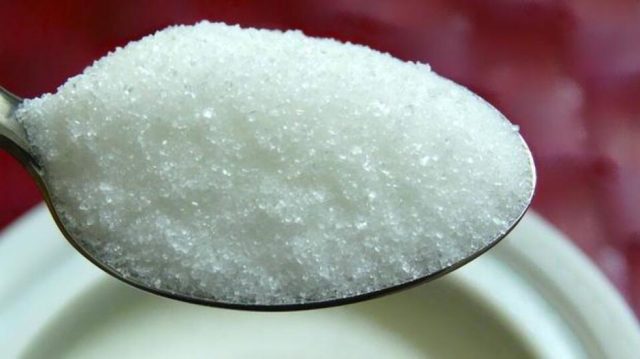THE Association of Southern Africa Sugar Importers and the South African Farmers Development Association say local sugar mills are unable to meet demand.
SOUTH Africa is facing a shortage of sugar, the new “white gold”, with local mills unable to meet the local demand, Chris Engelbrecht, the chairperson of the Association of Southern Africa Sugar Importers (Asasi), warned on Wednesday.
This is a further blow to South Africans, who are facing soaring food prices, exacerbated by supply chain woes due to the war in Ukraine, which has seen countries banning the export of key crops such as palm oil in the face of rampant inflation.
Engelbrecht said sugar was like white gold. “White sugar is now selling at R16,500 per ton (excluding VAT). The usual price is R11,500 per ton (excluding VAT).”
He said the current sugar import duty was R4,148 per ton, which was adjusted on March 5, 2021 (the trigger date was November 30, 2020). Since then, there had been three duty triggers to reduce the import duty on sugar, which, however, had not been implemented.
Trigger 1 of February 11, 2021 was R3,354 per ton. Trigger 2 of September 28, 2021 was R2,983 per ton and Trigger 3 of April 14, 2022 was R1,946 per ton.
Asasi said the duty should, therefore, be R1,946 and not R4 148 per ton.
Engelbrecht said the world sugar price was now R8,280 with a ridiculous shipping cost of R2,884 per ton (a 500 percent increase), which left the current landed price for import sugar at a cost of R15,712 per ton, on current duty, instead of R13,510 per ton (on duty trigger 3).
He said that even at the lower import duty, the sugar price was still higher than the local market.
Engelbrecht said the minister’s office had been notified three times in the past 10 months that there would be a shortage in the local sugar market.
“Firstly, in July 2021 when news that 300,000 tons of sugar cane was burnt in the protest actions. Secondly, in December 2021 when news received in September was that 1 million hectares of cane would not be crushed this season. Thirdly, in April 2022 when there was literally no sugar.”
He said there was no confirmation yet on the impact that the current floods would have on the new crop of sugar, but it would be high and the local mills would not be able to supply the current demand.
“Imports were stopped and the local industry was supported. Now there is no sugar,” he said.
South African Farmers Development Association (Safda) executive chairperson Dr Siyabonga Madlala confirmed that there was a shortage of sugar supply on the local market.
“The industry management has been working closely with the milling companies to assess the situation and to devise strategies of ensuring that local market customers’ needs are met,” Madlala said.
Safda said last season (2021/22) the industry was unable to crush all the sugar cane allocated for the season due the rioting and unrest, which resulted in the loss of thousands of tons of cane that was burnt in arson attacks.
During the unrest, milling companies were not operating for a couple of weeks. When the unrest started there was already harvested cane on the loading zones waiting to be transported to the respective mills, but this cane was later rejected by the milling companies due to damage, Safda said.
In the beginning of the season (2022/23), KwaZulu-Natal experienced massive floods, which disrupted sugar-cane production and resulted in infrastructure damage at one of the milling companies.
Madlala said millers, which were unable to meet the sugar needs of their local customers, should engage with the South African Sugar Association (Sasa) and other millers, which had surplus sugar available, and request their assistance.
Safda said the local market could not be supplied by local producers, which would lead to sugar imports and the decline in local market revenue.
However, Sasa executive director Trix Trikam said the association was not aware of any acute sugar shortage in South Africa.
“Due to the devastating impact of the recent heavy downpours and flooding, supply chain disruptions may be experienced in the short term (a few weeks), but more broadly we continue to anticipate sugar supply in surplus to local South African Customs Union (Sacu) demand. Therefore, Sasa does not anticipate the necessity of imports from outside of Sacu,” Trikam said.
BUSINESS REPORT ONLINE








